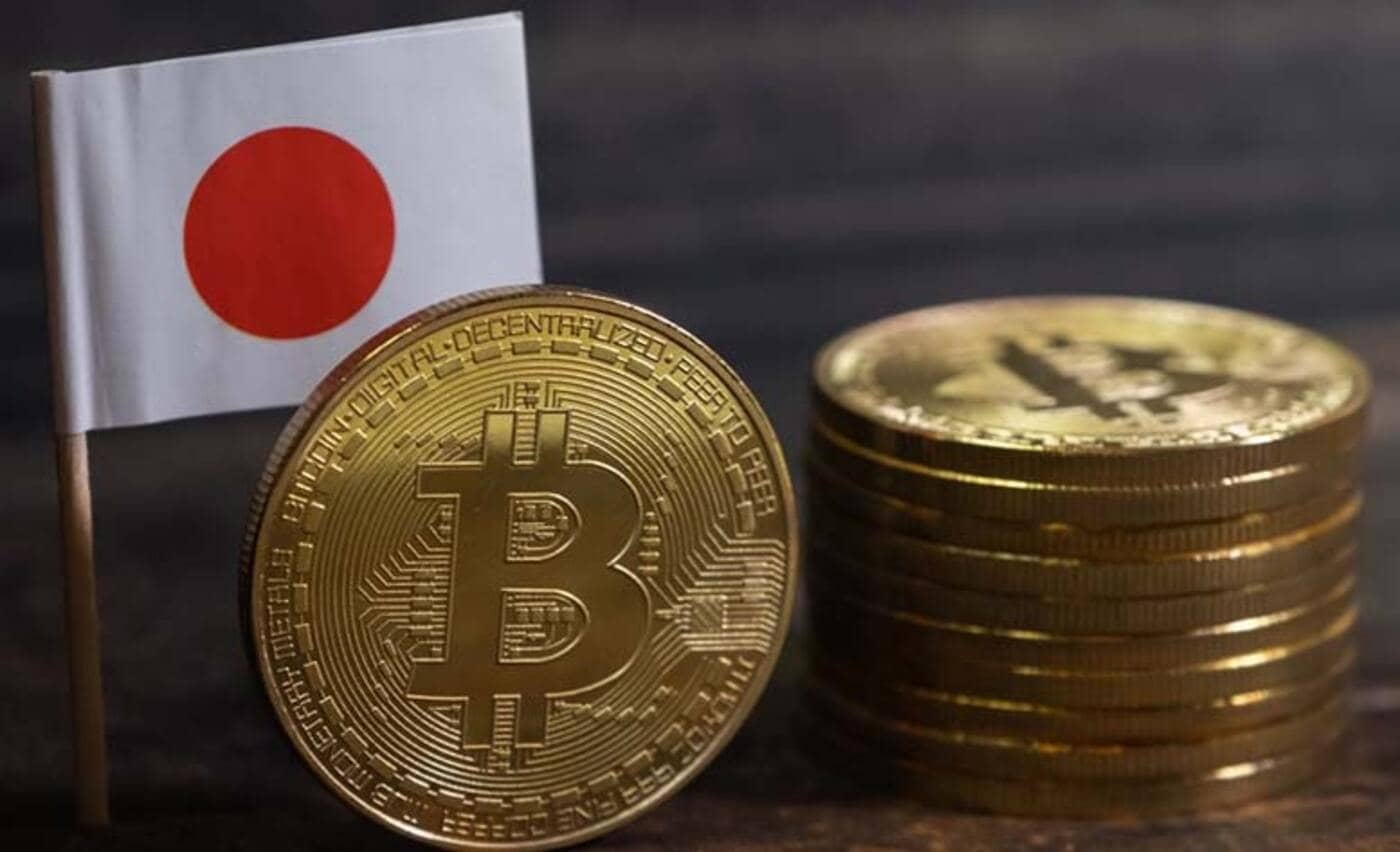
Japan’s National Tax Agency (NTA) revised its corporate tax guidelines for cryptocurrency issuers and published them on June 20. Under these new rules, crypto token issuers are not required to pay corporate tax on unrealized crypto gains.
This initiative represents a positive step towards improving the business environment and solving the problems related to cryptocurrency in the country.
According to a local news report, the exemption applies under two conditions. First, crypto tokens must be issued by the company itself and continue to be held from issuance. Second, the tokens must have certain restrictions on their transfer since issuance.
This step comes into effect nearly six months after the approval of a proposal to eradicate the requirement for crypto platforms to pay taxes on paper gains on tokens they held and issued.
As part of a broader tax reform plan for 2023, lawmakers in Japan have been engaging in discussions for new crypto regulations since last August. Meanwhile, earlier this week, the NTA has given the final approval.
Now, Japanese companies issuing digital tokens are now relieved from the burden of paying a fixed 30% tax on their holdings. Before this revision, they had to pay a 30% tax, even if they did not realize a gain through sales.
The crypto community showed satisfaction at the government’s latest move. The founder of Astar Network, Sota Watanabe, who advocated for tax reforms, said:
“For the time being, people who want to do something like Astar can now do it without leaving the country.”
Japan Is Working TO Strengthen Crypto Regulatory Framework
The crypto market in Japan has been undergoing significant changes recently. The country has imposed stricter Anti-Money Laundering measures since June 1. These measures aim to track cryptocurrency transactions and align Japan’s legal framework with global crypto regulations.
In December, lawmakers amended the AML legislation in response to its inadequacy, as identified by the Financial Action Task Force.
Additionally, a law was passed in June 2022 prohibiting non-bank companies from issuing stablecoins. A week after, another bill specified that only registered money transfer agents, licensed banks, and trust companies could issue stablecoins.
Japan was among the early adopters to legalize cryptocurrencies as private assets. It has some of the strictest crypto regulations as compared to other countries.
Japan’s financial regulators have stepped up scrutiny of crypto trading platforms after the Coincheck and Mt. Gox hack. It is believed that due to local regulations, FTX Japan investors and traders got their money back quickly after the company’s collapse. This differed from customers in other countries who did not have a clear refund deadline.








